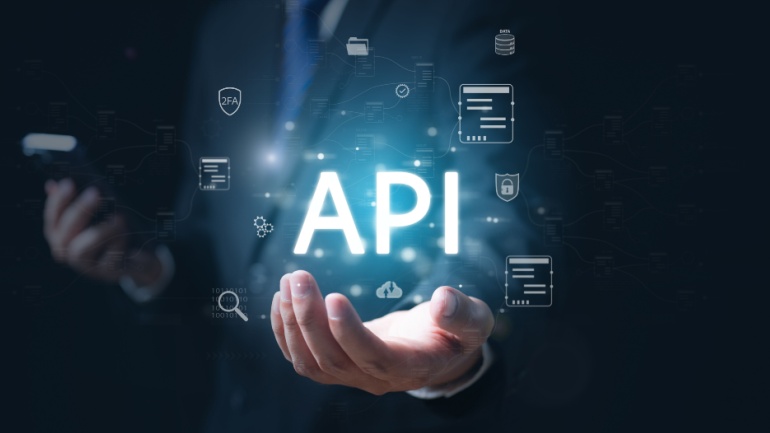Bouygues Telecom and Free, part of the iliad Group, are partnering with Aduna to accelerate global adoption of network APIs. Alongside Orange, they aim to enhance digital innovation by providing developers with access to advanced network functions.
US telecom giants AT&T, T-Mobile, and Verizon have partnered with Ericsson to launch the Aduna initiative, introducing standardized network APIs for fraud prevention. Slated for 2025, these APIs enhance security by verifying users and preventing unauthorized SIM swaps.
StarHub partners with Nokia to monetize 4G/5G networks, enabling enterprises to optimize applications via network APIs. Using Nokia’s “Network as Code” platform, developers gain streamlined access to network functions, fueling innovations across banking, finance, and logistics.
Open Gateway, initiated by GSMA, is set to redefine mobile networks with standardized telecom APIs, underpinning 5G’s potential. With coverage from 67 global operators, it aims to streamline developer interaction and offers vast opportunities for API-driven fraud prevention, edge computing, and digital transformation.
The latest GSMA report indicates limited progress by hyperscalers like AWS, Microsoft Azure, and Google Cloud in embracing the Open Gateway initiative for mobile networks. Telecom vendors such as Ericsson and Nokia are advancing API initiatives.
Sinch, which is pioneering the way the world communicates through its Customer Communications Cloud, is excited to announce that RCS can now be provisioned using our Sinch Customer Dashboard, expanding the number of tools available for businesses to get started with RCS quickly and seamlessly. With its suite of APIs and user-friendly solutions, Sinch is helping businesses take advantage of RCS at scale, making messaging more interactive, engaging, and accessible.
Nokia collaborates with Hrvatski Telekom to enhance 5G capabilities and empower app developers through advanced APIs. By leveraging Nokia’s Network as Code platform, developers can monetize 5G technology, driving innovation in consumer, enterprise, and industrial applications.
Ericsson is intensifying its R&D efforts in India, zeroing in on network APIs. Partnering with telecom giants, Ericsson is unlocking 5G’s potential through programmable networks, enhancing performance, and enabling new performance-based business models.
Deutsche Telekom, the German telecommunications giant, is ramping up its international wholesale services with a focus on the emerging API (Application Programming Interface) ecosystem. The company’s Global Carrier division has introduced a suite of services known as Global Carrier Digital Services, providing wholesale customers with access to a range of APIs to enhance their own offerings.
In a significant move towards enhancing developer access to advanced network capabilities, Ericsson’s Vonage has teamed up with telecommunications giant Verizon. This collaboration, formalized through a memorandum of understanding, aims to integrate Verizon’s network APIs (Application Programming Interfaces) into the Vonage platform. This integration is expected to foster deeper consumer engagement and loyalty by enabling enterprises to offer a more seamless and enriched customer experience across various stages of the customer journey.













